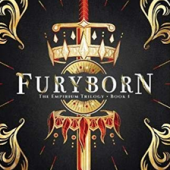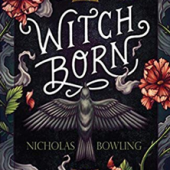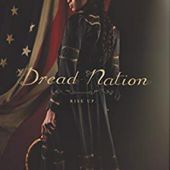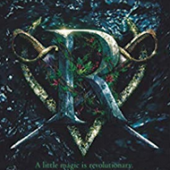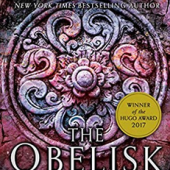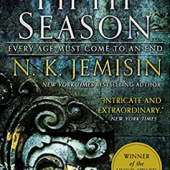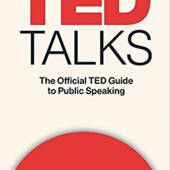
For anyone who has ever been inspired by a TED talk…
…this is an insider’s guide to creating talks that are unforgettable.
Since taking over TED in the early 2000s, Chris Anderson has shown how carefully crafted short talks can be the key to unlocking empathy, stirring excitement, spreading knowledge, and promoting a shared dream. Done right, a talk can electrify a room and transform an audience’s worldview. Done right, a talk is more powerful than anything in written form.
This book explains how the miracle of powerful public speaking is achieved, and equips you to give it your best shot. There is no set formula; no two talks should be the same. The goal is for you to give the talk that only you can give. But don’t be intimidated. You may find it more natural than you think.
Chris Anderson has worked behind the scenes with all the TED speakers who have inspired us the most, and here he shares insights from such favorites as Sir Ken Robinson, Amy Cuddy, Bill Gates, Elizabeth Gilbert, Salman Khan, Dan Gilbert, Mary Roach, Matt Ridley, and dozens more — everything from how to craft your talk’s content to how you can be most effective on stage. This is the 21st-century’s new manual for truly effective communication and it is a must-read for anyone who is ready to create impact with their ideas.
My Review
Anyone who has spoken to me in the last six months knows I love this book. I’ve been raving about it seen I first discovered it last fall.
I’ve been a TED fan for years but my interest in Anderson’s book goes beyond the TED experience to how I can incorporate his suggestions into my communications classes at UBC.
Overwhelmingly, I’ve seen students at every level ask for more instruction on public speaking. And while almost all my classes incorporate a formal presentation as part of the requirements, I’ve noticed that I’m not seeing a lot of improvement in student public speaking skills.
What Anderson talks about in this book is integral to the TED experience: making a talk worth sharing. Telling a story. Making it clear that you have something important to share with an audience who can benefit from hearing it. And this is the most difficult part for my students. Identifying what is important in their work.
I’ve been teaching a research writing course to graduate students in Engineering for almost a year now. I’ve seen three different classes of grad students share their writing with me. At the end of each course, students must create a short (5-minute) presentation about their research. And this is difficult for them. The audience is comprised of other graduate students and myself. An educated audience. But we all have varied levels of expertise. Because their research is usually very specialized, they must make it understandable and accessible to myself (an academic from a different discipline) and their classmates (academics from different sub-disciplines; what a mechanical engineering MA student studies is very different than what a civil engineering PhD student studies).
The research these students are engaging in is fascinating and varied. But identifying the piece in their research that is compelling to a wider audience is a challenge. Anderson’s book gives a lot of tips for doing just that. In addition, he illustrates those tips with examples from all different kinds of TED talks. Then he challenges the reader to use similar techniques to create powerful presentations.
I’ve bought the e-book, the audio book, and the print copy of this work and I then asked our UBC Librarian to order a copy for students to borrow. So you know I’m going to strongly recommend it. If you want to improve any kind of public speaking, check out Anderson’s book!
Buylink: https://www.amazon.ca/TED-TALKS-Official-Public-Speaking/dp/1443442992/
